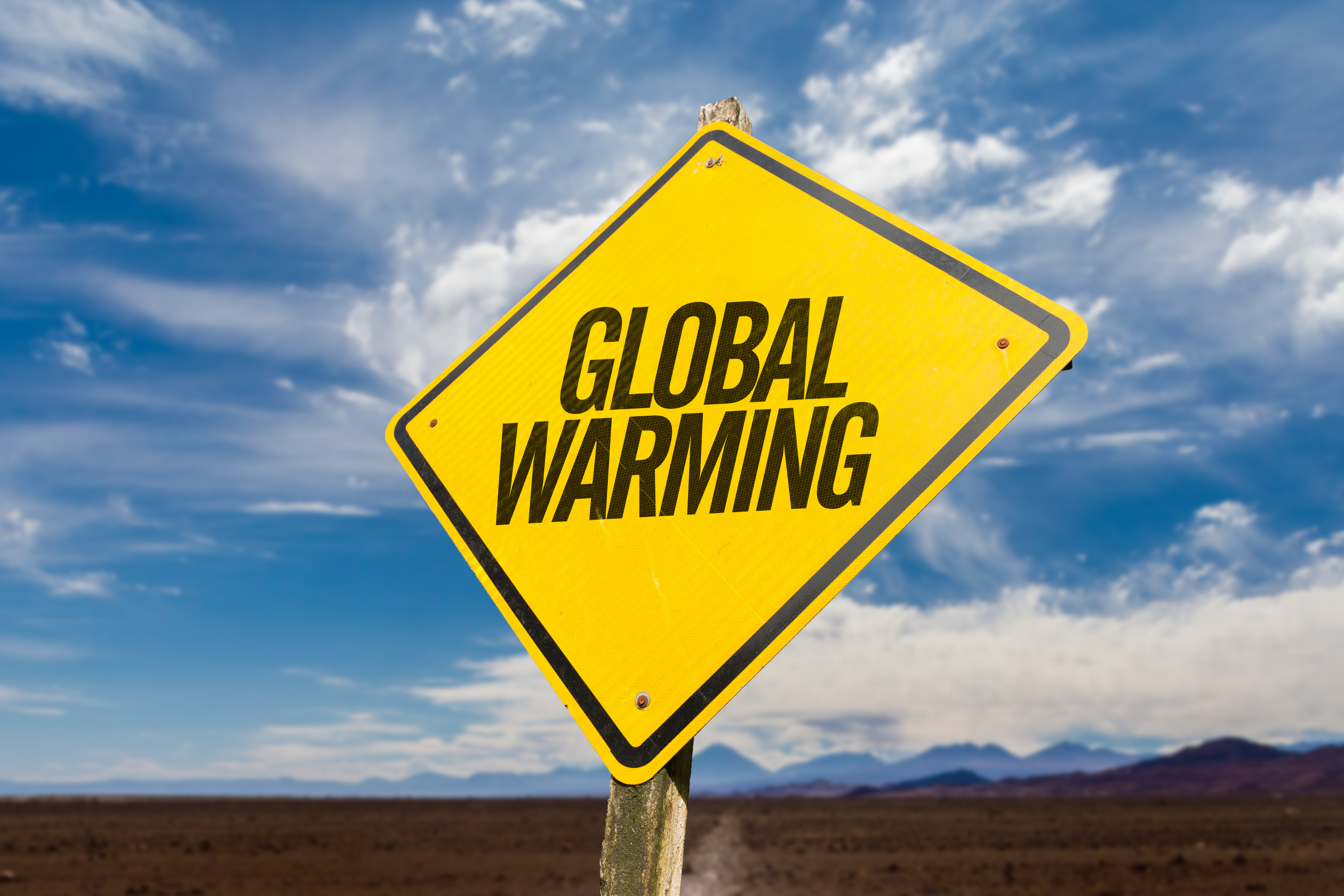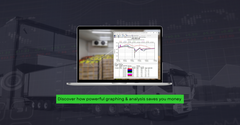
- Oct, 21 , 21
- 0 comments
How is Data Logging Helping Reduce Global Warming?
The Intergovernmental Panel on Climate Changes (IPCC) which consists of 195 governments, has emerged as one of the most credible sources of climate science. IPCC members aggregate and agree to the best climate science available globally before publishing. The August 2021 report states that global temperatures are rising more quickly than expected and show the long-term effects of increased CO2 in the air, such as:
- The loss of Arctic sea ice
- Larger-scale die-offs of coral reefs, and
- Thawing of the methane-rich permafrost
These effects can be avoided only if we limit global warming to 1.5°C in the next 5-7 years.
Mankind is in dire need of limiting the constant surge in global temperatures. Today, we have the smallest margin between dangerous and manageable global temperatures, which has emphasized the need for improved accuracy of climate change monitoring technology globally.
This highlights the importance of precise and consistent data collection for climate changes worldwide to avoid a Temperature tipping point and life-threatening consequences.
How are scientists around the world collecting climate change data?
Global temperatures are collected through three primary means. They are combined, analyzed, and collated into weekly and monthly estimates:
- Surface temperature data is collected by a set of buoys at sea, thermometers located at on-land weather stations, and persons worldwide.
- Atmospheric temperature data is collected from satellite radiometers that constantly observe atmospheric layers nearest to the troposphere to evaluate the temperature.
- Infrared radiation data is collected using an arrangement of ground-based spectrometers and satellites. Greenhouse gases produced by human activities trap infrared radiation that would normally be released into space, producing a “greenhouse” effect leading to global warming.
These three primary types of measurements are tracked, collected, and analyzed by NASA GISS, NOAA NCDC, and the University of East Anglia’s CRU.
ACR Systems Data Loggers Monitor Climate Change
ACR System’s data loggers meet a variety of climate change monitoring requirements, from multiple data loggers recording in a large network to single data loggers operating locally. There are many key factors to take into account when opting for an ideal data logger for climate change monitoring.
When operating in an outdoor setting, choosing a robust data logging system with a long-lasting battery is vital. ACR Systems’ self-powered data loggers have been proven to withstand the harshest operating conditions. Portable and compact, they can record data unattended for extended periods in the most extreme environments.
Irrespective of what you require, local or global, ACR Systems’ data loggers are reliable, easy-to-use, and accurate.
Trusted by: NOAA - National Weather Service, NASA, Canadian & European Space Agencies, and Universities worldwide.



